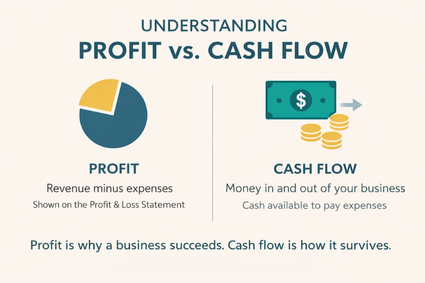Clean up your books!
Having clean accounting records is crucial as it enables businesses to keep track of their income, expenses, assets, and liabilities in a systematic manner. This ensures transparency and reduces the risk of errors or misinterpretations that could lead to financial discrepancies or legal issues.
Accurate financial statements are a reflection of a company's performance and help stakeholders make informed decisions. They provide an overview of revenue, expenses, profits, and losses over a specific period. With reliable financial statements in place, businesses can confidently communicate their financial position to investors, lenders, and other interested parties.
Organized bookkeeping is another vital aspect that contributes to effective financial management. By maintaining well-organized records of transactions such as invoices, receipts, and bank statements in a systematic manner, businesses can easily track their cash flow activities. This not only simplifies day-to-day operations but also streamlines auditing processes or future reference needs.
Efficient tax preparation is essential for any business looking to minimize its tax liability while remaining compliant with tax laws. By keeping accurate records throughout the year and staying up-to-date with changes in tax regulations, companies can identify eligible deductions or credits that can help reduce their overall tax burden. Additionally, efficient tax preparation ensures timely filing of returns without last-minute rushes or penalties.
Step-by-Step Guide to Cleaning Up Your Accounting Records
- Gather and Organize All Financial Documents and Receipts
- Review and Reconcile Bank Statements and Credit Card Statements
- Categorize Expenses Correctly for Accurate Reporting
- Check for Any Errors or Discrepancies in the Books
- Create a System for Documenting and Storing Financial Records Going Forward
It’s a lot! We get it, but you don’t have to do it alone. We are here to help. Go to our Consultations page today and schedule a 30 minute meeting to see if we are a good fit to help you take your company to the next level!



